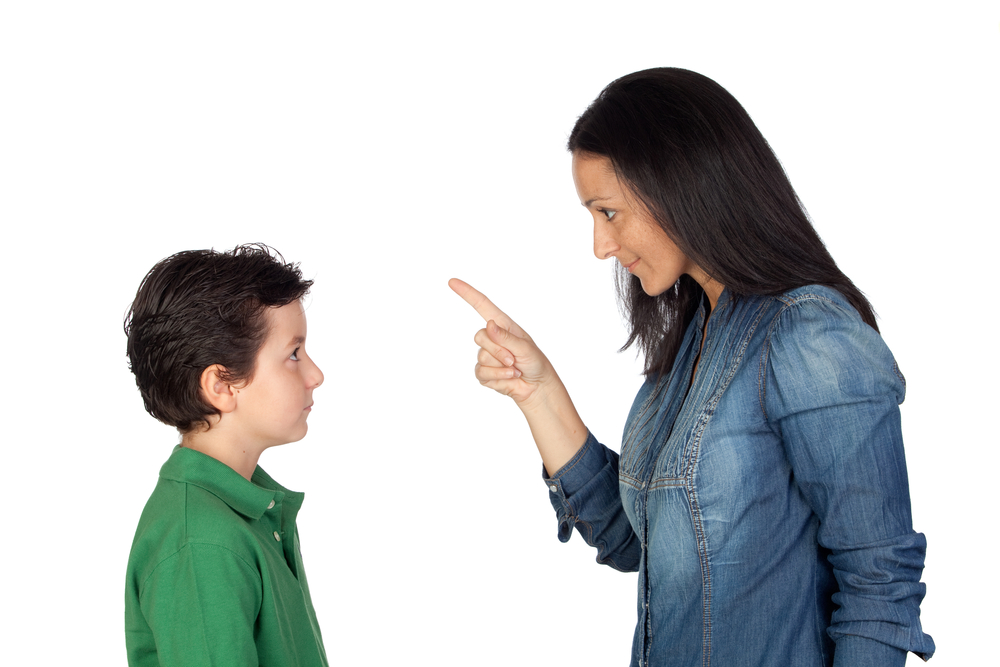Walking through the hall at school the other day, I witnessed a student misbehaving. I won’t tell you what he did, but it was silly, immature and typical for a seventh-grade boy. Another teacher saw it, too, and took the matter in hand swiftly and efficiently.
Content to let her handle the matter, I chuckled even as I shook my head and kept on walking. Seventh-grade boys will be seventh-grade boys. That’s all there is to it.
“Hmmph,” a woman behind me grunted.
Unaware that I was being followed, I turned and saw one of our parent volunteers. Upon making eye contact with me, she jerked her head slightly toward the wayward preteen and rolled her eyes, a common response to seventh-grade behavior exhibited by adults who don’t normally spend a huge chunk of their day with 12- and 13-year-olds.
I smiled.
“Comes from poor upbringing,” she announced with finality, turning on one heel and disappearing into the library.
I stopped smiling. In truth, I was a little taken aback. I had expected her to say something like “silly kid” or “seventh graders” with a sigh, but hers was not a casual observation. It was an indictment against the parents, a verdict without a trial, and I felt the sting of it as surely as if the boy had been my own.
Just a few weeks ago, my own son behaved in a way that was inconsistent with the way that Todd and I raised him. The choice he made wouldn’t have even registered on most families’ behavioral Richter scales, but we were displeased just the same. This woman’s comment caused all of the embarrassment I’d recently felt and thought I’d dealt with to resurface.
If we are honest, I think that most parents find ourselves just one comment, one phone call, one ill-advised word or action on the part of our children away from that kind of embarrassment at any given moment. Like a submerged beach ball, it wobbles just below the surface, barely suppressed by prayer and compulsive comparisons of our own children to children who struggle more than they do. One slip-up to the right or left and it bobs to the surface, leaving us exposed and feeling vulnerable.
Why? Because we know we are being watched—being judged—by other parents. How do we know? That’s simple. We do it, too.
A child takes a toy away from another child, and we assume that his parents never taught him to share and must be selfish people themselves. A preteen tells a lie, and we assume that her parents are deceitful people who place a higher priority on convenience than integrity. A teenager speaks disrespectfully to an adult, and we assume that his parents are doormats and allow that type of behavior at home.
It’s completely unfair. What if people judged the Father by the actions of his imperfect, but maturing children? They would assume Him to be a deceitful, cruel, unwise, unforgiving, fickle, and/or unfaithful God, depending on the day and the particular child being observed.
It hurts my heart just to think about it.
I truly hope people understand that Christians make the mistakes we make, not because God hasn’t done His part, but because we haven’t done ours. When we get to Heaven, God will finish making us perfect.
Until then, we will continue to struggle with sin, doing the things we don’t want to do and failing to do the things we ought. Just like the children, teenagers and parents that we often judge, we are only human, just imperfect people in need of mercy and grace. That’s really all there is to it.
